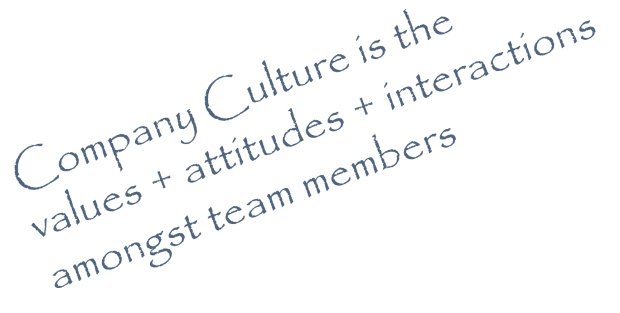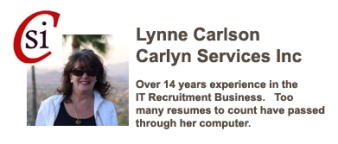What is Company Culture? Company Culture isn’t just the mission statement, but also the values, ethics and goals of the company and how they affect you and the way the Company conducts its business. Like people, Companies have their own unique personality and so do departments within each company. This personality will decide whether you love your job or not.
Company Culture is now a major factor to consider when planning on a career change. 20 years ago you went to work, did your job and you left. 9 to 5 wasn’t just a movie, it was the company culture. Clock in at 9 and out of there at 5. An hour for lunch which you ate at your desk or you went to a restaurant. Most professional companies didn’t have lunch rooms, if you were lucky there were vending machines for coffee. Sales departments used to do team building events and some departments might have had corporate baseball teams, but that was it.
I remember when Ontario Hydro went to the open concept office. Walls came down, everyone sat in pods. One big happy family. Oops – within a month, buffer panels came in for individual departments and groups. Walls went back up for key positions, ie HR, CFOs etc. It was a nice concept but unfeasible. Too noisy and distracting. Now we have the innovative Google office, new technologies and company culture has become an important part in career planning.
You will spend 1/3 of your life at work. Not only do you have to like what you do, but you have to like the company and the people you work with. Your company and your group within that company are like a baseball team. Would you stay on the team if you weren’t enjoying yourself? If you hated the Team Captain and didn’t like the way he was running the team, you would be out of there. Yes it is harder to leave a job but if you don’t like the culture eventually you will move on. Companies want you to fit in with their culture. Retraining and rehiring new people is time consuming, costly and disruptive to running a business. The Company will be assessing your culture fit. It is important for you to recognize what the company will expect from you. Experience, job satisfaction and salary are important parts when assessing a new career. But so is the atmosphere in the company.
Start assessing the company as soon as you walk in the door.
Are the people in the elevators, hallways, reception desks friendly? Look at everyone and everything as you walk through the office. Does the atmosphere seem positive? Or do the employees look bored and disgruntled.
Assess yourself honestly?
Are you the type of person who wants to show up, do your job and head home? Do you like to read your book at your desk at lunch? Or do you want to go into the lunch room and play ping pong? Do you like team building outings or do you consider these an infringement on your free time? If you have the attitude I’m paid for a 40 hour work week and that’s all you are getting from me then you need to make sure you find a company that only expects that from you.
Technology has changed the face of company culture.
Companies provide laptops and phones to their employees. Along with that comes an expectation that they can reach you whenever they want. Deadlines don’t fall within a 40 hour work week.
 |
Team Building is becoming a fact of life in organizations Find out what is expected of you. Are there ping pong tournaments, Ax throwing parties (yes I said Ax throwing parties). Dinner nights, weekends away. Is the atmosphere very competitive as a team or is it based more on the individual.
|
1/3 of your day will be spent with your team members and your group. Enjoying the atmosphere and camaraderie where you work will make a big difference in your attitude about your job. During the interview be sure to ask about the company culture. At the interview with your actual team members assess their characters, are you on the same page, will you be able to get along. Your team is like your family with less space to escape from them. Do you like them? If you do then grab this position, there is nothing better than wanting to get up in the morning to go to a fulfilling job.























